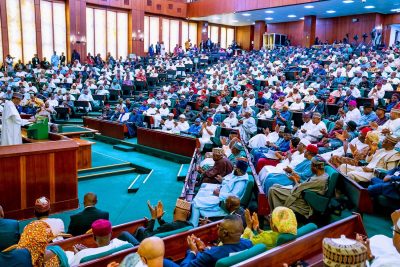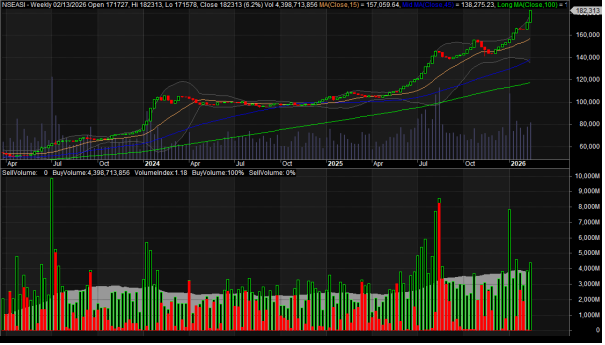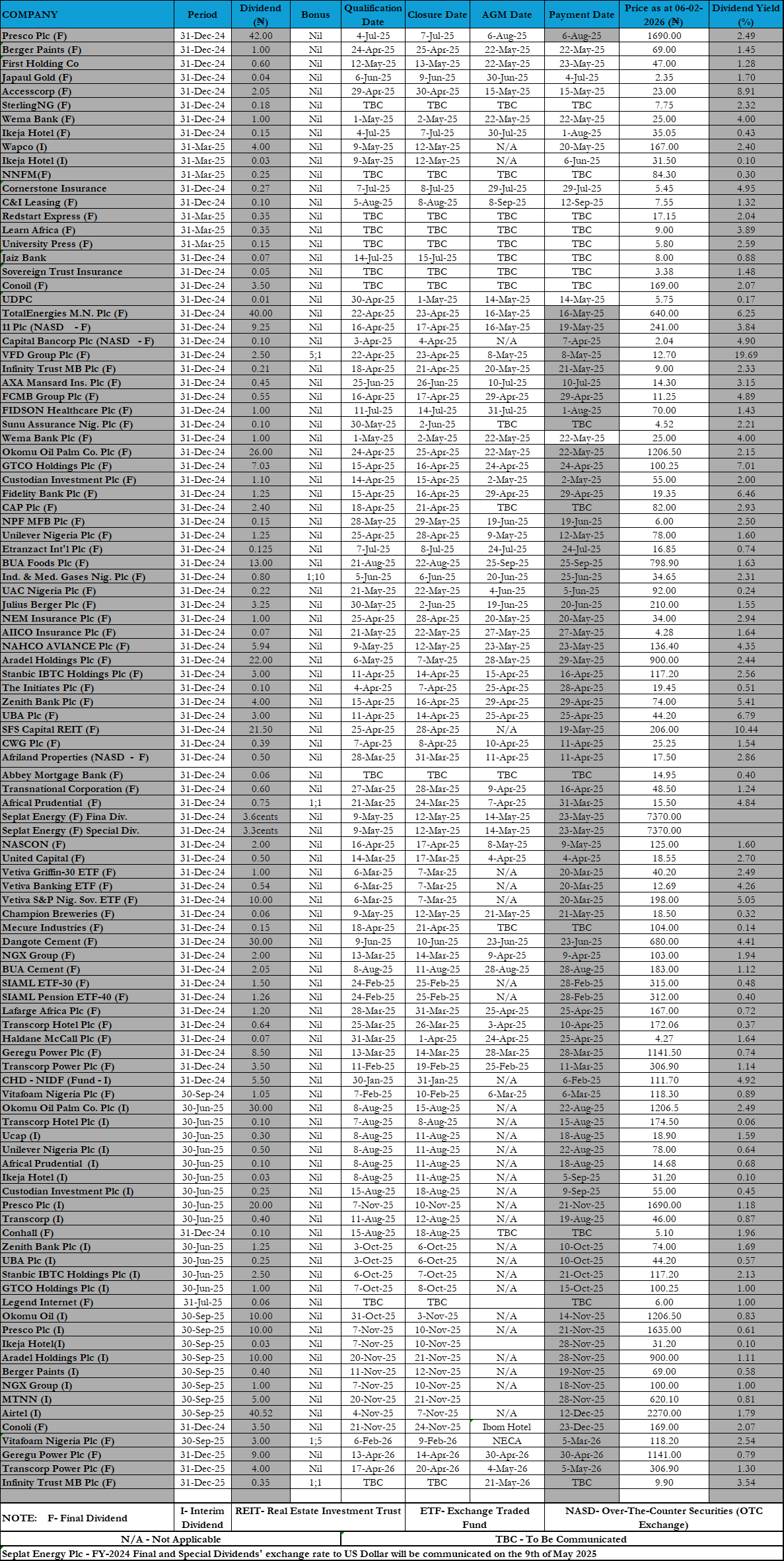
•Insists On 7.5% VAT Rate
President Muhammadu Buhari, on Tuesday, presented the 2020 Appropriation Bill to a joint session of both arms of the National Assembly, the earliest time since 2013.
According to the proposed budget, the Federal Government is to spend a total of N10.33tr, as against the N10.729tr recommended by the Senate during the October 3, 2019 passage of the country’s 2020-2022 Medium Term Expenditure Framework and Fiscal Strategy Paper (MTEF/FSP), which is the basis for which the annual budget proposals within the period would be hinged.
Highlights of the bill christened Budget of sustaining growth and job creation also included an estimated N8.155tr total Federal Government revenue, comprising oil revenue of N2.64tr; N1.81tr from non-oil tax revenues; while N3.7tr is expected from other revenue sources.
This leaves the proposal with a deficit component of the estimate at N2.175tr or 26.67% of the year’s total expenditure plan.
President Buhari estimated N556.7bn for statutory transfers, non-debt recurrent expenditure of N4.88tr and capital expenditure (excluding the capital component of statutory transfers amounting to N2.14tr.
A breakdown of the statutory transfers shows that N125bn was budgeted for the National Assembly; followed by N110bn for the judiciary; N37.83bn for the North-East Development Commission (NEDC); and N44.5bn for the Basic Health Care Provision Fund (BHCPF). Another N111.79bn is earmarked for the Universal Basic Education Commission (UBEC); and N80.88bn for the Niger Delta Development Commission (NDDC), now supervised by the Ministry of Niger Delta Affairs. He added that the budgetary allocation to the National Human Rights Commission was raised from N1.5bn to N2.5bn, representing a 67% increase in funding to enable the commission to performs its functions more effectively.
On recurrent expenditure, the President gave non-debt recurrent expenditure as N3.6tr trillion for personnel and pension costs, an increase of N620.28bn over 2019, an increase that “reflects the new minimum wage as well as our proposals to improve remuneration and welfare of our Police and Armed Forces.
The government also seeks to spend an estimated N2.45tr on debt servicing, and another N296bn on sinking fund to retire maturing bonds issued to local contractors.
The Senate had in raising the oil benchmark from $55 originally proposed by the executive in its MTEF document to $57pb and daily crude oil production benchmark to 2.18mbpd for 2020, noted that the Abuja’s share of the $2pb additional income thereof, or N172bn saving therefrom, be used to pay salaries and emoluments for the proposed 30,000 new employees by the Federal Government.

The chamber raised the revenue target of the Nigerian Customs Service (NCS) for the year from N942.6bn to N1.5tr. The additional N557.4bn or 59.13% revenue, the Senators proposed, should be used to reduce the Federal Government’s borrowing for capital expenditure by N200bn.
The government, however, agreed with the $57 per barrel price and daily oil production benchmark, which also among the 16 recommendations made to the Federal Government by the Senate, just like the exchange rate of N305/$ used in calculating the budget.
According to the budget proposal presented, the government expected real GDP growth of 2.93% in 2020, “driven largely by non-oil output, as economic diversification accelerates, and the enabling business environment improves.”
President Buhari also presented a draft Finance Bill on the proposed 50% increase in the Value Added Tax rate from 5% to 7.5%, upon which he explained, the 2020 budget is based.
The additional revenues, he continued, will be used to fund health, education and infrastructure programmes, he said, adding that the VAT Act already exempts pharmaceuticals, educational items and basic commodities, and some others that are listed in the Finance Bill.
“It is absolutely essential to intensify our revenue generation efforts. That said, this administration remains committed to ensuring that the inconvenience associated with any fiscal policy adjustments, is moderated, such that the poor and the vulnerable, who are most at risk, do not bear the brunt of these reforms,” he stressed.
He said States and Local Governments were allocated 85% of all VAT revenues.
Key capital spending allocations in the 2020 Budget are Works and Housing, N262bn; Power, N127bn; Transportation, N123bn; UBEC, N112bn; Defence, N100bn; Zonal Intervention Projects, N100bn; Agriculture and Rural Development, N83bn.
Others are: Water Resources, N82bn; Niger Delta Development Commission, N81bn; Education, N48bn; Health, N46bn; Industry, Trade and Investment, N40bn; North East Development Commission, N38bn; Interior: N35bn; Social Investment Programmes, N30bn; Federal Capital Territory, N28bn; and Niger Delta Affairs Ministry, N24bn.












